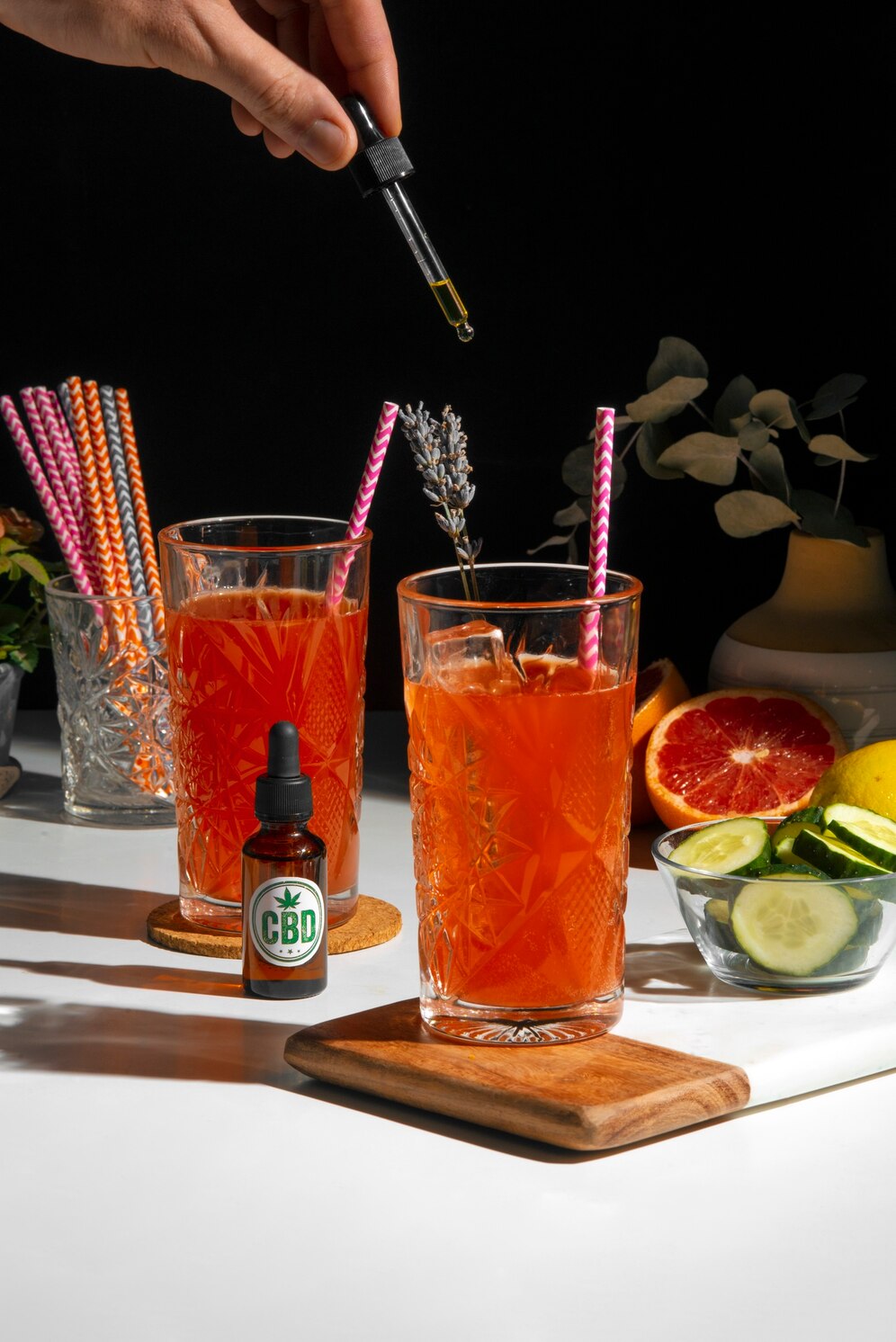
In recent years, the market for THC-infused drinks has seen steady growth. As more states ease restrictions on cannabis, manufacturers have developed products that cater specifically to active lifestyles. These beverages are formulated with careful attention to dosage and ingredient quality, ensuring they offer a mild cannabinoid effect suited for recovery.
Many athletes now consider THC beverages as a tool for post-exercise recovery. They offer a blend of hydration and potential anti-inflammatory benefits that traditional drinks may not provide. The focus is supporting muscle relaxation and reducing minor aches after strenuous workouts.
Comparing THC Beverages to Traditional Sports Drinks
A closer look at the differences between THC beverages – which come in several varieties like juices, seltzers, and energy drinks – and traditional sports drinks reveals key distinctions. Traditional sports beverages focus on hydration and electrolyte replenishment, while THC beverages target recovery support with the addition of natural cannabinoids.
| Feature | Traditional Sports Beverages | THC Beverages |
| Primary Function | Hydration and electrolyte replenishment | Recovery support and relaxation |
| Main Ingredients | Water, electrolytes, carbohydrates | Water, natural flavors, THC, and sometimes CBD |
| Target Audience | General athletes and fitness enthusiasts | Sports enthusiasts open to alternative recovery |
| Regulatory Status | Widely accepted and regulated | Subject to varying state laws and regulations |
| Consumer Perception | Essential for performance | Viewed as a supplementary wellness option |
This table highlights the core differences that draw sports enthusiasts to consider THC beverages. The focus on recovery and the inclusion of cannabinoids set these products apart in an increasingly competitive market.
Scientific Insights into THC’s Potential Benefits
Research on cannabinoids has increased interest in their potential benefits for pain relief and inflammation reduction. Studies in clinical settings suggest that THC might help manage discomfort after physical exertion, though most of the existing research focuses on medical applications rather than athletic recovery.
Sports enthusiasts are beginning to take these findings into account as they explore alternative recovery options. Manufacturers design THC beverages with precise dosing so that each serving delivers a controlled amount of THC. This careful formulation helps ensure users experience only mild effects, making the drinks suitable after workouts.
Clear labeling on these products is essential. Consumers can easily see the THC content per serving, which allows them to make informed decisions about how much to consume. This transparency in dosing supports a safe and enjoyable experience, as athletes are encouraged to start with a small serving to gauge their personal tolerance.
Consumer Experience and Safety Considerations
Many athletes report that a THC beverage can help ease the transition from high-intensity exercise to a state of rest. The subtle calming effect provided by a low dose of THC is said to complement the recovery process, supporting muscle relaxation and overall well-being. Although these experiences are primarily anecdotal, they contribute to the narrative that these beverages may offer benefits beyond hydration.
Safety remains a primary concern for both consumers and manufacturers. Producers adhere to strict quality control measures and collaborate with state regulators to ensure their products meet established standards. Independent lab tests are commonly conducted, and the results are often shared with consumers to build trust and ensure safety.
It is recommended that sports enthusiasts try THC beverages cautiously. Starting with a small serving helps individuals understand their body’s response, ensuring the beverage serves its intended purpose without any unintended effects. This approach, combined with clear labeling, allows users to confidently integrate these products into their recovery routines.
The Future of THC Beverages in Sports
As research continues to evolve, the potential benefits of THC beverages for athletic recovery may become clearer. Ongoing studies are expected to help determine the optimal dosage and timing for consumption, ensuring that the benefits are maximized without affecting performance. This evolving knowledge will likely refine product formulations and increase consumer confidence in these beverages.
The regulatory environment is also expected to adapt as the market grows. Clearer laws and guidelines could lead to broader acceptance of THC beverages among sports enthusiasts. Enhanced collaboration between manufacturers and regulators will ensure that products remain safe, effective, and compliant with the law.
Innovation in the beverage industry may result in a more diverse range of products. Future offerings could be tailored to specific types of exercise or recovery needs, further expanding the appeal of THC beverages. As athletes embrace more holistic approaches to wellness, these products could become a standard part of post-workout routines.












